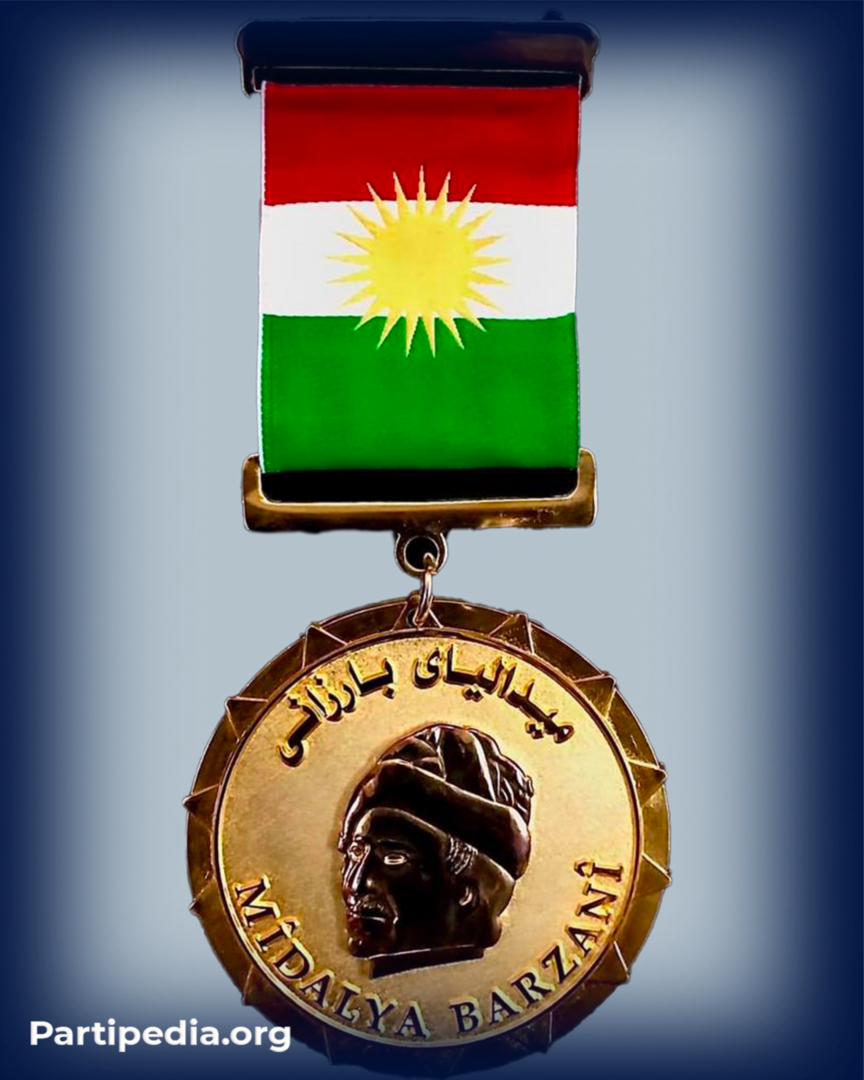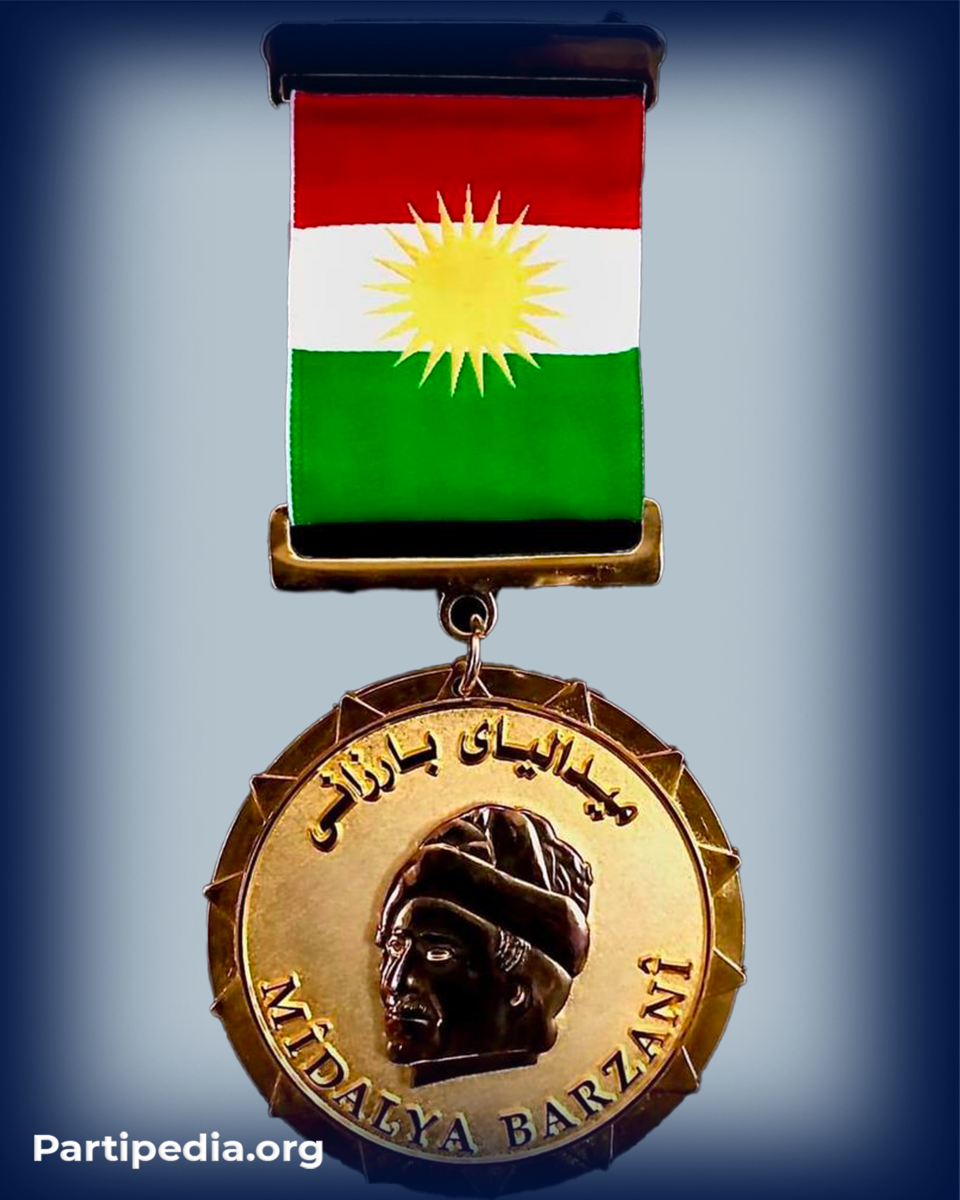In 1983, Haji Khdr Omar was appointed as the head of the Khabat Organization in Zakho, marking the beginning of a series of leadership roles that would define his military career. His dedication to the Kurdish cause was further tested in 1988, following the infamous Anfal and chemical attacks in Badinan. In response to these atrocities, he moved to North Kurdistan, where he was transferred to a refugee camp in Amed.
The Kurdistan Uprising of 1991 marked a turning point for Haji Khdr Omar, as he rejoined the ranks of the Peshmerga forces with renewed determination. That same year, he was appointed head of the Bersiv sector, a position that allowed him to make significant contributions to the Kurdish resistance. His leadership skills were soon recognized, and in 1992, he was appointed commander of the Zakho First Army. His military career continued to advance, and by 1994, he had been appointed commander of a battalion.
Haji Khdr Omar's commitment to the Kurdish struggle was evident in his participation in numerous battles, where he consistently demonstrated courage and resilience. In 1978, he took part in the Battle of Aluk and Sartang, where he sustained his first wound on December 14, 1978. His resolve remained unshaken, and in 1983, he participated in the Battle of Katina on Mount Kandil, where he was wounded for the second time on September 22, 1983.
In 1984, when the Iraqi army launched an attack on the Zakho Regional Committee, Haji Khdr Omar played an active role in the defense, despite being wounded for the third time on September 1, 1984. His bravery was further tested during the Battle of Avgeniye village on December 26, 1987, where he sustained his fourth wound. His service to the Kurdish cause continued, and during the fights to defend legitimacy in 1992, he was wounded twice more, on October 12 and November 28, while participating in battles in the Zakho and Saredere regions.
In recognition of his unwavering dedication and valor, Haji Khdr Omar was awarded the Immortal Barzani Medal by President Masoud Barzani in 2010. His contributions to the Kurdish struggle have solidified his legacy, and he currently serves as the commander of the First Army in Shingal.
Source:
Kdp encyclopedia archive





